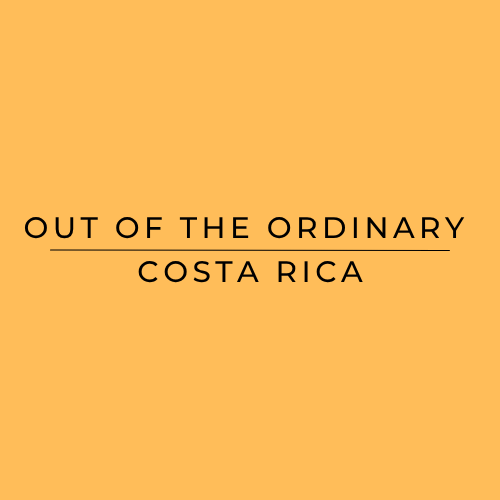NOTE: THIS IS AN ARCHIVED PRODUCT, AND CURRENTLY UNAVAILABLE.
TO FIND OUR CURRENT COFFEES, VISIT:
https://www.harmonycoffee.co.uk/collections/our-coffee
TO FIND COFFEE SUBSCRIPTIONS, VISIT:
https://www.harmonycoffee.co.uk/collections/coffee-subscriptions
============= ARCHIVED PRODUCT ============
PRODUCER: MIGOTI SMALLHOLDERS
COUNTRY: BURUNDI
REGION: BUJUMBARA
VARIETY: RED BOURBON
IMPORTER: OMWANI
PROCESSING METHOD: ANAEROBIC NATURAL
FLAVOUR DESCRIPTION: RASPBERRY JUICE, BLUEBERRY COMPOTE, PINK LADY, ROSEHIP, COCOA
ABOUT THIS COFFEE
Burundi is one of the smallest coffee-producing countries in East Africa with an ideal coffee-growing environment, elevations of 1500 - 2000 m, abundant rainfall, and Arabica Bourbon coffee trees. The country has a population of 10.5 million people, and approximately 800,000 families cultivate an average of 150-200 coffee trees per farm. Burundi's national coffee production is virtually 100% Arabica, with the Bourbon variety grown at high elevations characterized by "sweetness, bright acidity, big body, floral, citrus, and wild notes." Over the past 25 years, Burundi's coffee production has averaged 26,700 tons per year.
Migoti Coffee Company established a coffee washing station at Migoti Mountain in 2016, partnering with industry experts for technical expertise. The coffee trees are owned by the community, and Migoti purchases the cherries directly from farmers who deliver them to the station. The station has a local team of ten permanent staff and over 250 temporary workers employed during the coffee season from March to June. In 2017, 2018, and 2019, the station produced and exported over 300 tons of green coffee with excellent cupping scores, making it some of the best specialty coffee from Burundi.
The station manager, Zephyrin Banzubaze, manages the staff to train farmers, receive and select coffee cherries, process, dry, store, and mill the dry parchment coffee, and prepare the final green coffee for export. The majority of the temporary staff are women who work on raised drying tables, regularly turning the coffee and removing defective beans to ensure the quality of the coffee. Migoti also provides ongoing education to farmers to prune and properly care for coffee trees, intercrop, plant shade trees, utilize green fertilizers, stabilize soils, and implement natural pest control. By following best farming practices, farmers can increase their coffee tree yields by five- to ten-fold.
The anaerobic natural process is a coffee processing method that involves fermenting the coffee beans in an oxygen-free environment with the natural sugars and yeast present on the coffee fruit. This method creates a unique flavor profile that is different from other processing methods.
To begin the process, freshly picked coffee cherries are sorted and washed to remove any debris or unripe fruit. The ripe cherries are then placed in a sealed container or tank with little to no oxygen, along with the natural sugars and yeast from the coffee fruit. The container is then left to ferment for a set amount of time, usually between 24 and 48 hours.
During the fermentation process, the yeast consumes the sugars present in the coffee fruit, producing lactic and acetic acids. This results in a change in the flavor profile of the coffee beans, producing notes of fruit and wine-like flavors.
After the fermentation process is complete, the beans are washed to remove any remaining fruit residue and then dried. The drying process can take up to several weeks, depending on the weather conditions.
Once the beans are fully dried, they are then hulled, roasted, and packaged for sale. The end result is a coffee with a distinct and complex flavor profile that is highly sought after by coffee enthusiasts.











